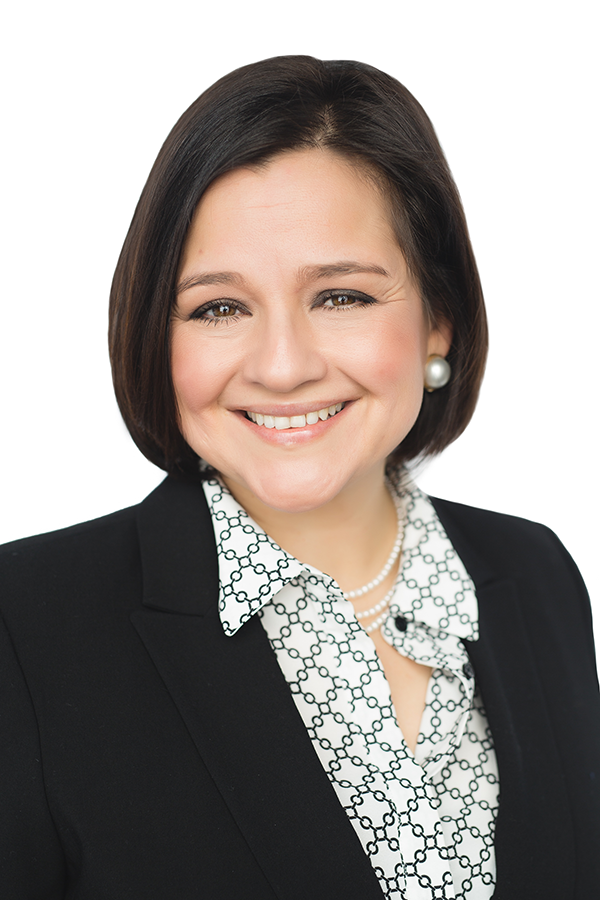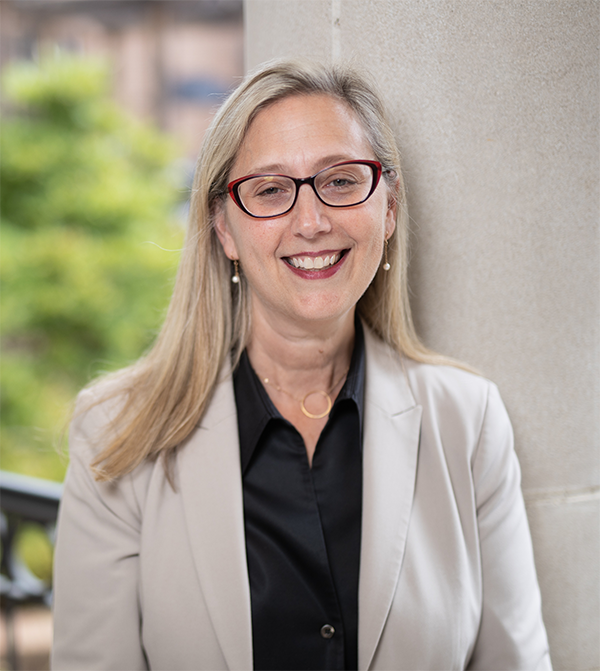Rape survivor Chanel Miller will speak at ABA's 'Write & Tell Live' series

Chanel Miller wrote the memoir Know My Name about her experience with the court system after being raped.
“You don’t know me, but you’ve been inside me, and that’s why we’re here today,” Chanel Miller told Brock Allen Turner during his 2016 rape trial.
On Jan. 17, 2015, Miller, who was visiting her younger sister on campus at Stanford University, ditched her original plans to stay home and opted instead to go to a party with her sister. The next thing she remembered was lying on a gurney in a hallway, covered in dried blood, bandages and pine needles.
“One day, I was at work, scrolling through the news on my phone and came across an article,” Miller continued during her victim impact statement. “In it, I read and learned for the first time about how I was found unconscious, with my hair disheveled, long necklace wrapped around my neck, bra pulled out of my dress, dress pulled off over my shoulders and pulled up above my waist, that I was butt naked all the way down to my boots, legs spread apart and had been penetrated by a foreign object by someone I did not recognize.”
Miller recounted how Turner hired an attorney, expert witnesses and private investigators, while she was grilled about her life: How much does she drink on a daily basis? What was she wearing at the party? Does she party often? Is she sexually active?
The result: Turner was sentenced to six months in jail, with Judge Aaron Persky declaring that a longer sentence would have “a severe impact on him,” according to the Guardian. Persky lost a recall election two years later.
Miller has been fighting back ever since the sentencing. In 2019, she published the memoir, Know My Name, detailing the rape and the aftermath and critiquing a criminal justice system that appeared to elevate perpetrators—especially if they’re seen as superstars or Olympic hopefuls—while shaming victims.
She’s returning to speak out again, this time via the American Bar Association’s Commission on Domestic & Sexual Violence’s “Write & Tell Live” series. Her focus will be on “the power of telling survivor stories; how legal system actors should (and shouldn’t) tell survivor stories; and how the legal system empowers and/or disempowers survivors.”
The series aims to mobilize the legal profession to increase access to justice for all assault victims. It has featured women including Professor Judith Herman, winner of numerous awards for her psychiatric trauma work, and Ruth Glenn, president of public affairs for the National Domestic Violence Hotline.
 Maricarmen Garza is the chairwoman of the ABA Commission on Domestic and Sexual Violence.
Maricarmen Garza is the chairwoman of the ABA Commission on Domestic and Sexual Violence.“Legal systems are notoriously re-traumatizing for survivors,” says Maricarmen Garza, the chairwoman of the ABA Commission on Domestic and Sexual Violence and the director of strategic partnerships and community engagement for the Tahirih Justice Center’s Houston office.
Garza describes the long delays for scheduling hearings, repeated continuances, the need for survivors to retell their stories over and over again to different players of the justice system, the unnecessary and limiting time restrictions for victim testimony and impact statements that some courts impose, and the lack of focus on healing and restorative justice.
“These are all practices that make it difficult for a survivor to stay engaged in the prosecution of their cases,” Garza says.
 Beth Posner is a clinical professor of law at the University of North Carolina School of Law.
Beth Posner is a clinical professor of law at the University of North Carolina School of Law.Despite the obstacles, the stories of rape survivors serve countless purposes in and out of the courtroom, says Beth Posner, clinical professor of law at the University of North Carolina School of Law. Making space for them allows survivors to take control of the narrative, giving them back, to some extent, the autonomy that was taken from them so violently and then further diminished in the legal system, Posner says.
It’s also important for those in the legal field to listen in a way they aren’t accustomed to doing.
“These stories help us understand the intersection of trauma, gender, race, class and ethnicity and demand that we do better in meeting the needs of the people who show up in our offices and our courtrooms,” says Posner, who is moderating the ABA event.
Miller, who may have once felt stifled by her abuser, will be able to speak about her experience to those who can make an impact on future rape cases. Posner is hoping to learn about what it means to tell your truth so publicly and openly, in such an enormous forum—and how having such a big forum has impacted Miller’s healing, her view of her experiences with the legal system, and how her book and its reception have impacted her.
“Write & Tell Live: Chanel Miller” will be April 16 at 5:30 p.m. EST. This is a live event that will not be recorded, and space is limited. Register here. There is no fee to attend the program.
Updated March 22 at 10:05 a.m. to report that Chanel Miller was not a student at Stanford University and was visiting her sister on campus.
Write a letter to the editor, share a story tip or update, or report an error.



